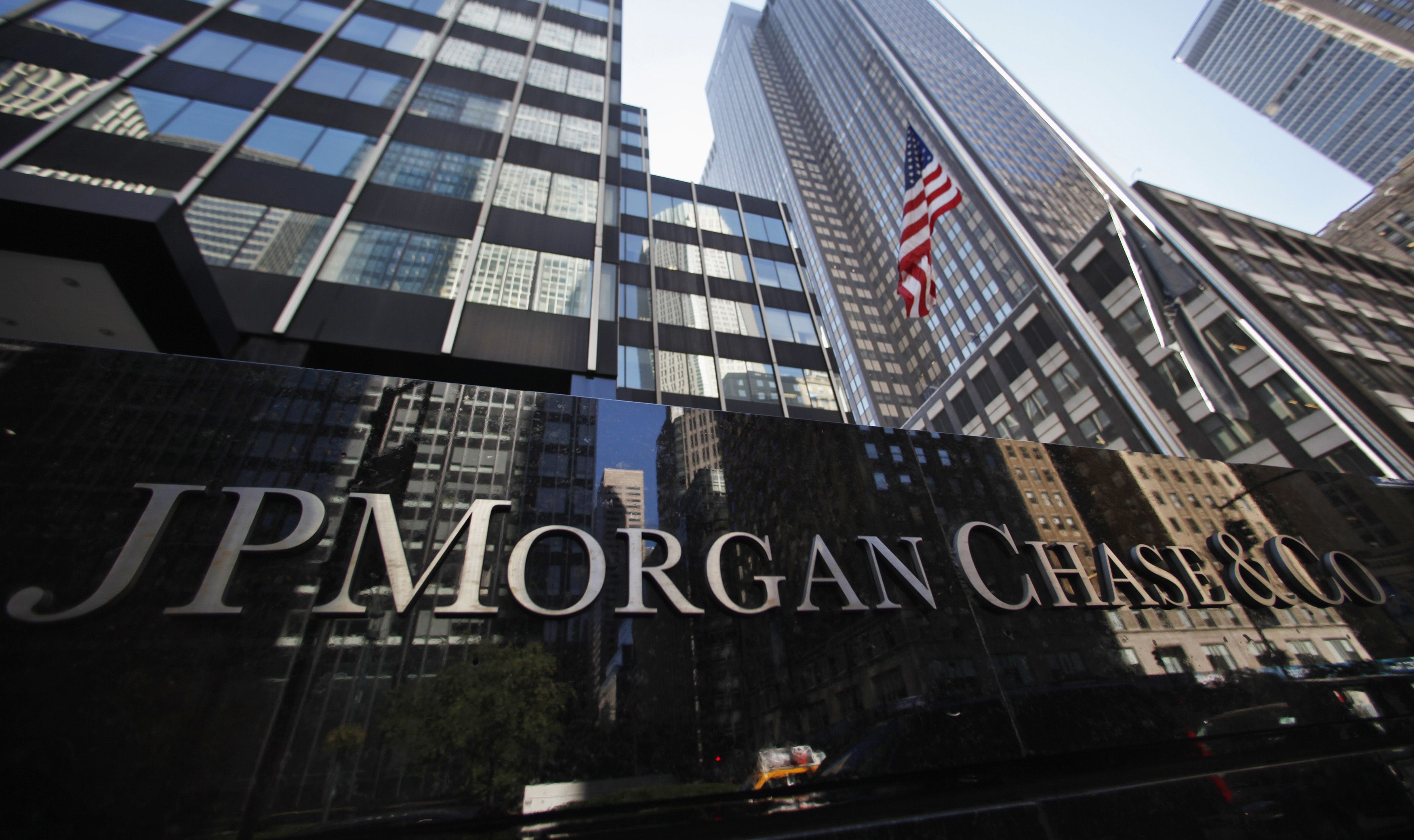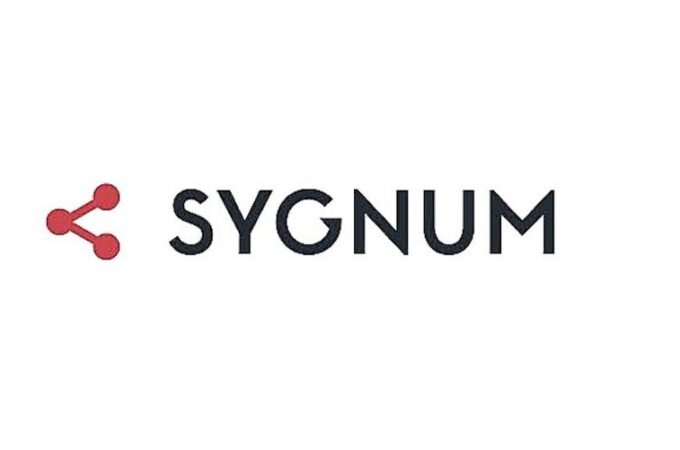
UK Finance Launches Regulated Liability Network Experimentation Phase
UK Finance, a prominent banking and finance trade association, has unveiled plans for a new phase of experimentation with the UK Regulated Liability Network (RLN). This initiative, involving eleven leading financial institutions, aims to create a collaborative platform for innovation in digital money transactions.
The UK RLN seeks to establish a unified system that accommodates various forms of money, including traditional bank deposits and tokenized equivalents, through a shared ledger infrastructure. By fostering collaboration among key stakeholders in the financial services sector, the project aims to explore avenues for enhancing payment processes, transactional efficiency, and liability settlement mechanisms in an increasingly digital market landscape.
Participating firms in this groundbreaking endeavor include Barclays, Citi, HSBC, Lloyds Banking Group, Mastercard, NatWest, Nationwide, Santander, Standard Chartered, Virgin Money, and Visa. Supported by renowned advisory firms EY and Linklaters, as well as a technology consortium comprising R3, Quant, DXC, and Coadjute, these industry leaders are poised to drive innovation and address emerging challenges in the digital payments ecosystem.
The experimentation phase of the UK RLN will focus on three primary use cases:
- Payment-upon-Delivery Fraud Prevention: By facilitating conditional payments for physical products, the RLN aims to curb fraudulent activities in online marketplaces, thereby enhancing consumer confidence and security in e-commerce transactions.
- Enhanced Transparency in Homebuying: Through improved transparency and fraud mitigation measures, the RLN seeks to streamline the process of purchasing a home, ensuring greater trust and accountability in property transactions.
- Digital Bond Settlement: Leveraging blockchain technology, the RLN aims to establish seamless connections between digital customer funds and assets, facilitating efficient and secure bond settlements in the digital realm.
The experimentation phase, scheduled to run until summer 2024, will encompass comprehensive assessments across three key dimensions:
- Customer and Business Benefits: Exploring foundational capabilities and aligning with industry standards, such as the BIS and Bank of England’s Project Rosalind, to drive innovation in digital money management.
- Technical Feasibility: Conducting proof-of-concept tests within a technology sandbox environment to evaluate the functional and non-functional aspects of the RLN design, including simulated transactions and connectivity protocols.
- Legal Framework Analysis: Assessing the regulatory implications and compliance requirements associated with operating a shared ledger settlement system, particularly concerning tokenized deposits and emerging digital assets.
Following the conclusion of the experimentation phase, UK Finance plans to publish comprehensive findings and insights, offering stakeholders, including innovators, technology firms, and fintech startups, an opportunity to engage with the project and contribute to its evolution.
Key industry voices have expressed enthusiasm for the RLN initiative and its potential to revolutionize the future of financial infrastructure in the UK. Jana Mackintosh, Managing Director at UK Finance, underscored the importance of collaborative efforts in driving inclusive innovation across digital money landscapes, emphasizing the shared objective of equipping the UK with world-leading financial infrastructure.
Leaders from participating organizations, including Barclays, Citi, HSBC, Lloyds Banking Group, Mastercard, NatWest, Nationwide, Santander, Standard Chartered, Virgin Money, and Visa, echoed sentiments of optimism and commitment to leveraging technology to enhance payment experiences, mitigate risks, and foster interoperability in the digital economy.
As the experimentation phase unfolds, the UK RLN stands poised to catalyze a new era of innovation and collaboration in digital finance, positioning the UK as a global leader in pioneering value transfer systems for the digital age.





